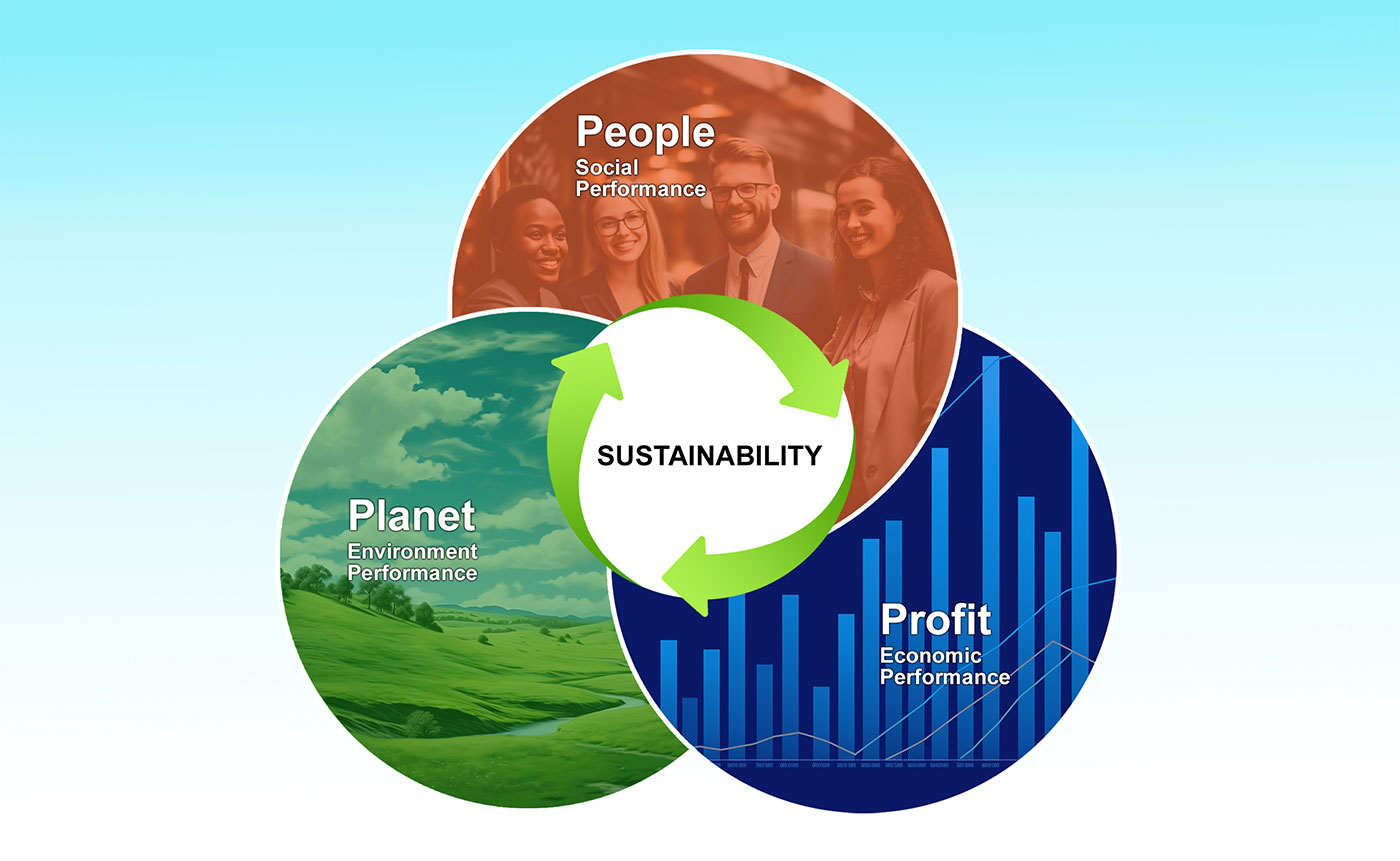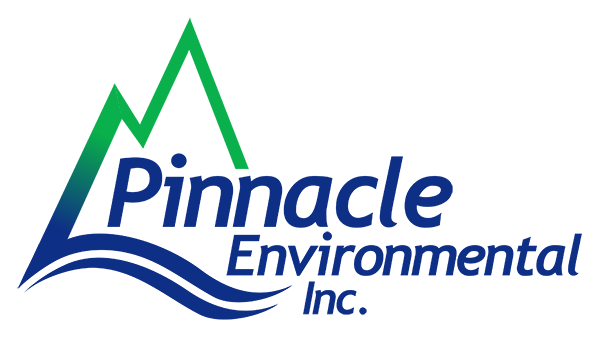Sustainability Benchmark Quantification and Consulting Services
Sustainability Analysis
In an era where the global community increasingly values social responsibility and environmental stewardship, businesses face a new imperative: integrating sustainability into their core operations. At the heart of this transformation lies the realm of sustainability accounting—a pivotal practice that goes beyond traditional financial reporting to encompass environmental, social, and governance (ESG) factors.

Rise of Environmental Accountability
Today, the business landscape is undergoing a profound shift, driven by heightened awareness of environmental challenges, calls for social equity, and the demand for transparent corporate governance. Governments, investors, and consumers are raising the bar, expecting companies not only to deliver financial returns but also to demonstrate a commitment to sustainability. The traditional bottom line is no longer sufficient. Companies today are being evaluated on their triple bottom line—people, planet, and profit. Embracing this comprehensive approach not only ensures compliance with evolving regulatory frameworks but also positions businesses to thrive in a world where sustainability is increasingly intertwined with profitability and long-term viability.
This movement has gone from on-the-horizon to at your door.
California AB 32 (CARB; [1]) – Signed September 27, 2006 – California’s AB 32, also known as the Global Warming Solutions Act, was a pioneering climate change law aimed at reducing the state’s greenhouse gas emissions. It mandated that California’s emissions return to 1990 levels by 2020, primarily through the implementation of various measures such as cap-and-trade programs, cleaner energy standards, and promoting renewable energy sources. The goal was to combat climate change and foster a more sustainable future for the state.
California AB 398 (CA Legislative Info; [2]) – Signed June 25, 2017 – Extends the state’s cap-and-trade program, a key element of California’s climate change policy. It was passed in 2017 and extends the cap-and-trade program, which puts a cap on greenhouse gas emissions and allows companies to buy and sell emissions allowances, until 2030. The bill was designed to provide continuity and certainty to the state’s efforts to reduce greenhouse gas emissions while balancing environmental goals with economic considerations.
New York City Local Law 97 (NYC; [3]) – Signed November 15, 2019 – NYC Local Law 97 is a regulation focused on reducing greenhouse gas emissions from large buildings in New York City. It requires these buildings to cut down their emissions significantly by 2030 or face penalties. To comply, building owners must make energy-efficient upgrades to their properties, promoting sustainability and fighting climate change in the city.
California SB 253 (Climate Corporate Data Accountability Act) (CA Legislative Info; [4]) & 261 (Climate-Related Financial Risk Act) (CA Legislative Info; [5]) – Both signed October 7, 2023 – Both SB 253 and SB 261 were signed into law by Governor Newsom on October 7, 2023. SB 253 and 261 require thousands of companies doing business in California to disclose their scope 1, 2, and 3 greenhouse gas emissions and climate-related financial risk information beginning in 2026.
SEC’s Proposed Climate Disclosure Rule (SEC; [6]) – Proposed 2022, Expected Finaled 2024, Expected Effective 2026 (Forbes; [7]) – Aimed to enhance climate-related disclosures by public companies. This rule intended to mandate more comprehensive and consistent reporting on climate-related risks, impacts, and strategies to investors. It sought to standardize the disclosure of climate-related information to allow investors to make more informed decisions considering the potential effects of climate change on businesses.
Our Partnership with CarbonZE – Sustainability Benchmark Quantification
At Pinnacle, we recognize this pivotal moment and stand ready to assist businesses in embracing sustainable accounting practices that drive growth, foster resilience, and cement their position as leaders in a changing world. To this end, Pinnacle has partnered with CarbonZE, an EU-based sustainability accounting software company to provide our customers with the tools necessary to quantify, visualize, and report their environmental footprint. The software utilizes proprietary calculations engines to evaluate and quantify carbon (Scope 1, 2 and 3), water, and waste footprint based on Enterprise Resource Planning (ERP) reports to provide high-quality, quantified sustainability data.
Sustainability Consulting Services
Pinnacle offers customized action plans to improve sustainability practices and proactively minimize environmental footprints. Our tailored solutions provide actionable recommendations for improvements and can leverage the quantified sustainability benchmarks provided by the CarbonZE tool into real change. Pinnacle can guide you to more sustainable operations.
Pinnacle also has the ability to provide pathways to leverage green initiatives into business growth and success. Whether it’s marketing improvements, finding exclusive non-profit partnerships or groups, or delving into grants or Green Finance, the experts at Pinnacle can help guide your business into the new age of corporate environmental accountability.
[1] https://ww2.arb.ca.gov/resources/fact-sheets/ab-32-global-warming-solutions-act-2006
[2] https://leginfo.legislature.ca.gov/faces/billNavClient.xhtml?bill_id=201720180AB398
[3] https://www.nyc.gov/site/sustainablebuildings/ll97/local-law-97.page
[4] https://leginfo.legislature.ca.gov/faces/billNavClient.xhtml?bill_id=202320240SB253
[5] https://leginfo.legislature.ca.gov/faces/billNavClient.xhtml?bill_id=202320240SB261
[6] https://www.sec.gov/news/press-release/2022-46

